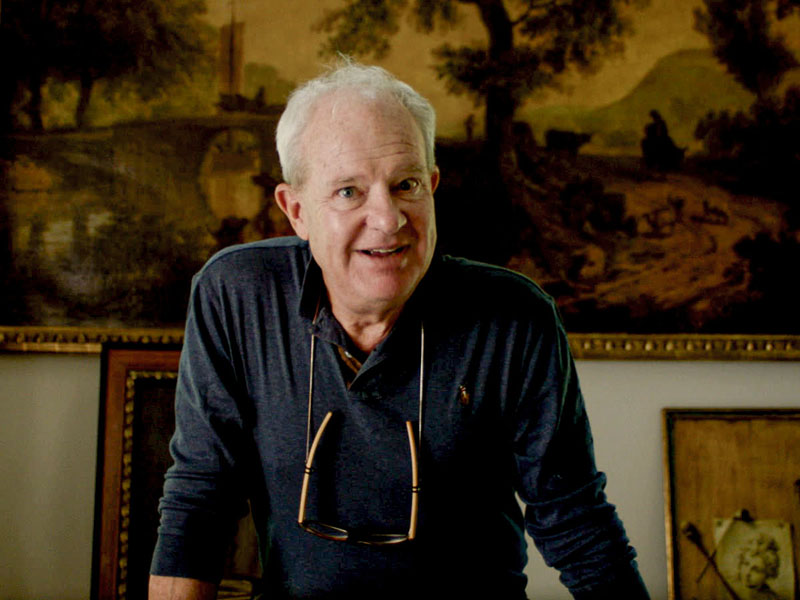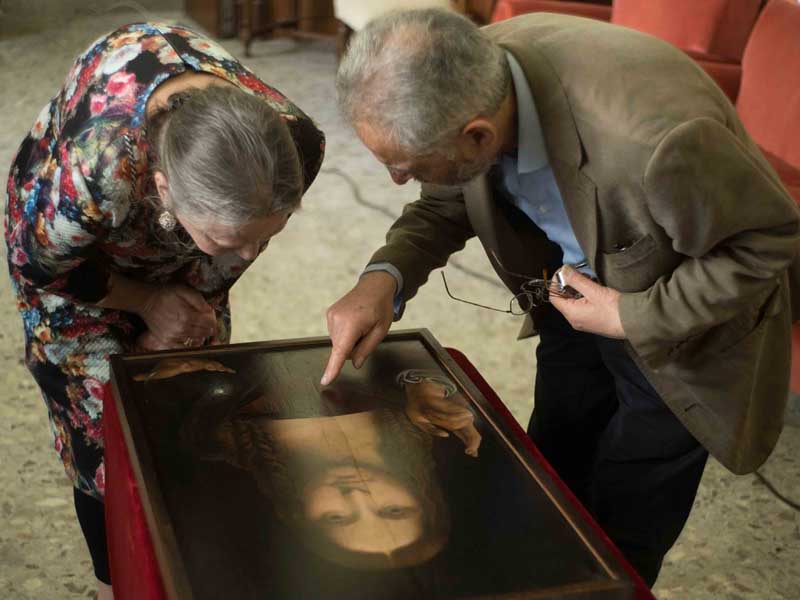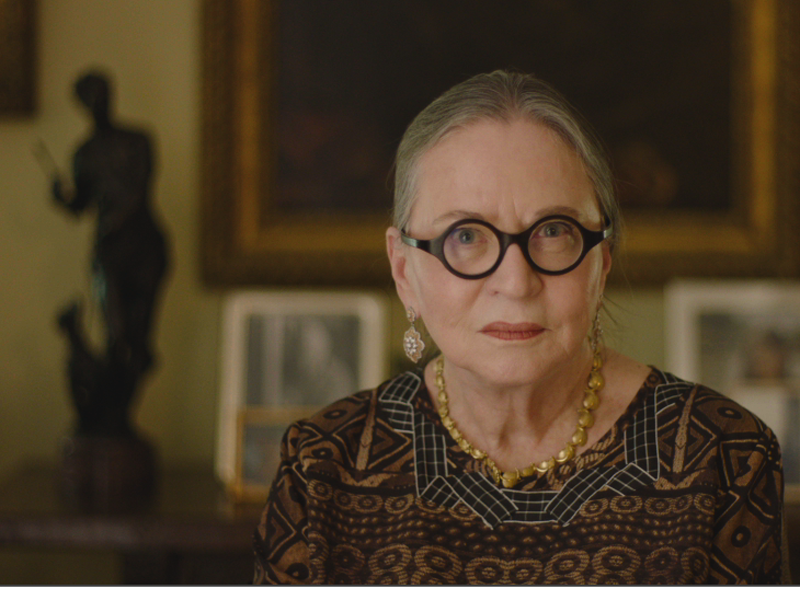The Lost Leonardo by Andreas Koefoed distributed by Nexo Digital, will be released in Italian cinemas from 21st to 23rd March, 2022.
The movie was presented at the 16th edition of the Rome Film Fest.
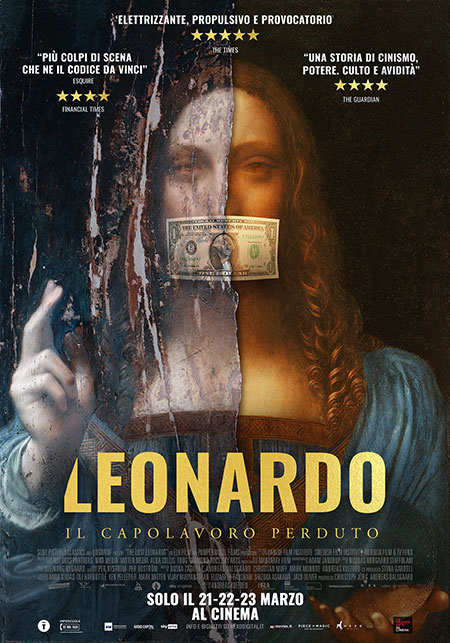
THE LOST LEONARDO
Director
Andreas Koefoed
Nation
Danimarca, Francia, Svezia
Year
2021
Duration
100′
Cast
Dianne Modestini
Robert Simon
Alexander Parish
Warren Adelson
Yves Bouvier
Luke Syson
We discover the story behind Salvator Mundi, the artwork sold at the highest price ever paid by a private collector, 450 million dollars, and considered by many to be the lost masterpiece by Leonardo da Vinci. Ever since the painting was purchased for $ 1,175, from an auction house in New Orleans, and the masterful brushstrokes hidden under the thick paint of an inadequate restoration come back to light, the fate of the Salvator Mundi has been decided by an unrelenting search for fame, money and power. As its price increases, so do the questions and doubts about its authenticity: was it really painted by Leonardo da Vinci?
ANDREAS KOEFOED
Born in Copenhagen in 1979, Andreas Koefoed studied documentary filmmaking at the National Film School of Denmark and sociology at the University of Copenhagen. In 2011, with Christian Bonke, he directed his first feature-length documentary, Ballroom Dancer, which won a special Jury mention at the Tribeca Film Festival, where The Lost Leonardo was also presented.
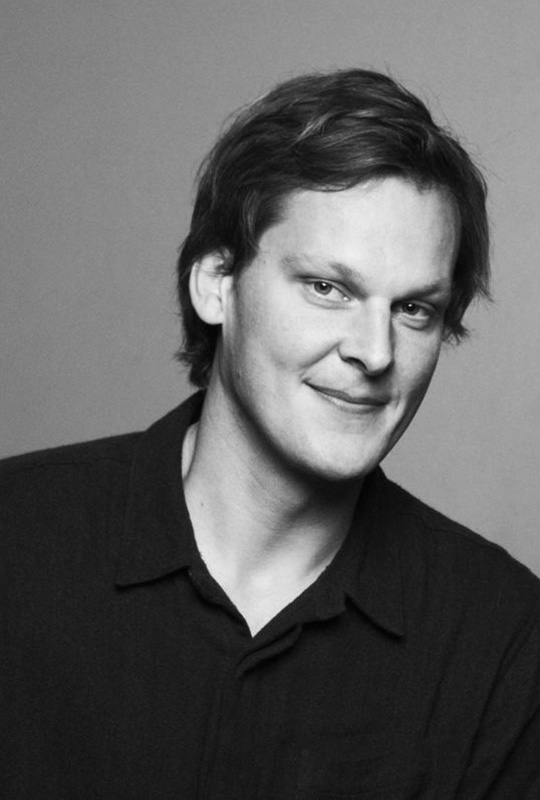
DIRECTOR’S STATEMENT
This is a film about the incredible journey of a painting, the Salvator Mundi, the Saviour of the World, possibly by Leonardo da Vinci. It is a true story, yet also a fairy tale worthy of Hans Christian Andersen: a damaged painting, neglected for centuries, is fortuitously rediscovered and soon after praised as a long-lost masterpiece of divine beauty. At its peak in the spotlight, it is decried as a fake, but what is revealed primarily is that the world around it is fake, driven by cynical powers and money. The story lays bare the mechanisms of the human psyche, our longing for the divine, and our capitalist societies in which money and power override the truth. The painting becomes a prism through which we can understand ourselves and the world we live in. To this day, there is no conclusive proof that the painting is – or is not – a da Vinci and as long as there is any doubt, people, institutions, and states can use it for the purpose that serves them the most. Making this film has been a fantastic voyage into secret worlds that are otherwise entirely inaccessible. Worlds in which anything can be bought and sold, where prestige, power, and money play out beneath the beautiful surface of the art world. The supposedly independent scientific and scholarly approach to the painting is under enormous political pressure. In the end, not only is the painting lost, but so is the truth itself. The painting, a product of the very Renaissance that valued freedom of science and art, ultimately becomes a victim of vested interests and power games.


